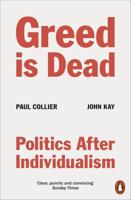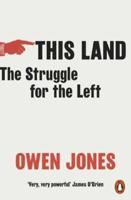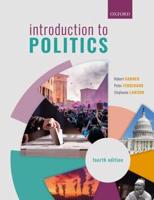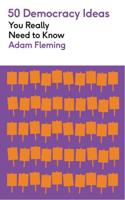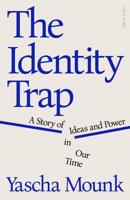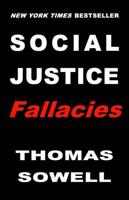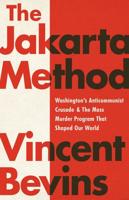Publisher's Synopsis
Scholars, pundits, and politicians, both in the US and abroad, have warned of a decline in citizen involvement in public life. Many (following the lead of Robert Putnam's Bowling Alone) have focused on the "social capital" allegedly created by the participation of citizens in a wide range of voluntary associations. But Henry Milner, a noted scholar of comparative politics, argues that a society's level of civic literacy -- the knowledge and capacity of citizens to make sense of their political world -- offers a better basis for understanding the civil societies of disparate cultures, and comparing the effectiveness of their democratic institutions. In a clear, accessible style, Milner marshals a wealth of data from the US, Canada, western Europe, Australia, and New Zealand to show how civic literacy underpins effective democracies. Masterfully weaving together philosophical debates over citizenship and community with the empirical findings of social scientists and his own first-hand experience of a variety of cultures, Milner shows that a population's degree of civic literacy is the single best predictor of its level of political participation. Drawing on the experience of the high civic literacy societies of Northern Europe, he sets out a series of policies -- policies linked to the role of the media, to adult and civic education, and to the informativeness of partisan political debate -- that lay the groundwork for the exercise of the responsibilities of citizenship in the 21st century.

